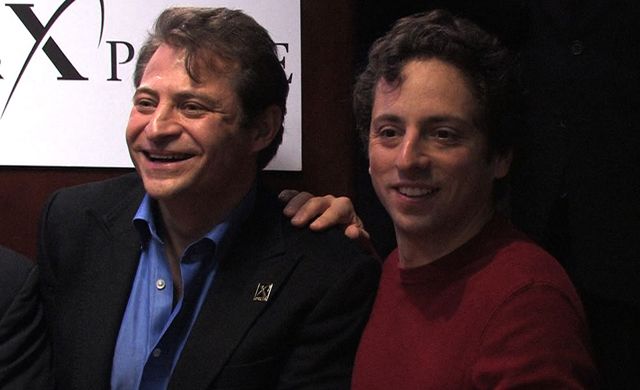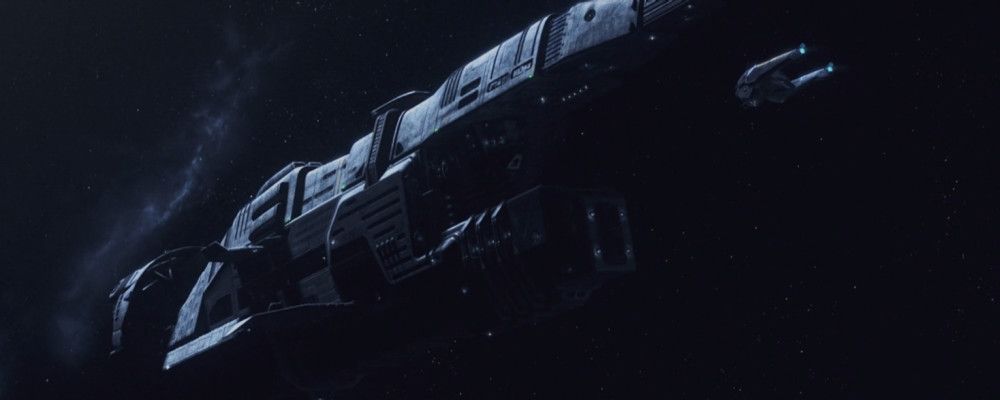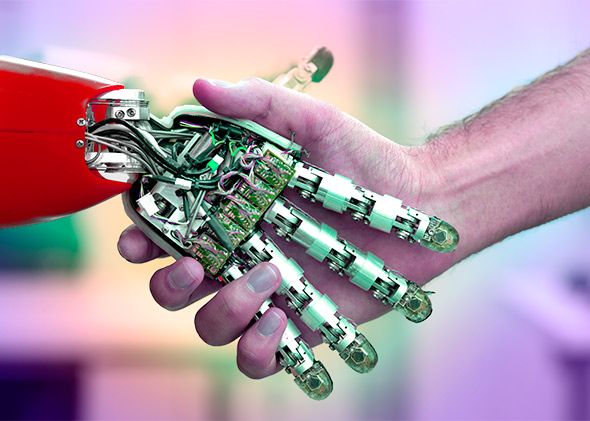Mar 12, 2015
Quoted: Tech billionaires and human immortality
Posted by Seb in category: life extension
By Levi Sumagaysay — siliconbeat

“When I am successful in realizing this mega-project, then I will finally have 10,000 years for numerous hobbies.”
— Dmitry Itskov, founder of the 2045 Initiative, which aims to transfer our brains and human consciousness to robot avatars instead of bodies that weaken and die. Itskov is a billionaire who’s known as the godfather of the Russian Internet. He also apparently has plenty of hobbies.
Think tech isn’t working on big problems? Newsweek checks on the progress of the 2045 Initiative and other efforts — including in Silicon Valley — to cheat death. The efforts are funded by other deep-pocketed titans of tech: Peter Thiel of PayPal fame has given money to the Methuselah Foundation, which is working to find drugs that cure age-related damage to the body’s cells. Oracle founder Larry Ellison’s Ellison Medical Foundation distributes grants to those who are researching aging. As we’ve written, Google spinoff Calico‘s stated mission is to “harness advanced technologies to increase our understanding of the biology that controls lifespan.” Google’s Larry Page has also backed Singularity University; co-founders Ray Kurzweil and Peter Diamandis are big fans of immortality — or at least living till 700.














